The Venue Success Guide: Maximise event revenue with limited availability
In Part 2 of The Venue Success Guide, we look at how you can maximise your event revenue in a multifunctional venue, all whilst trying to juggle an extremely busy calendar. We spoke to venue expert Dan Cowdrill who revealed what we can learn from venues like museums, halls and theatres that generally don’t place external events at the heart of their business. Make sure you also check last month’s edition of The Venue Success Guide where we looked at how you can improve responding to enquiries.
How to maximise your revenue in a multifunctional event space
Many venues have a primary purpose, which is over and above that of being a space for venue hire. However, venue hire plays an important part in generating extra revenue. This takes the pressure off rentals, building maintenance, and even restoration costs.
If your venue has another purpose, such as being a gallery, museum or theatre, you’ll always be fitting in commercial activity with the public programme, which often means that the public programme comes first. This may seem frustrating but the fact that your venue has a public or artistic mission is one of the key USPs that helps to sell your space. Additional exposure and activity as a public event space often makes the venue seem more attractive to potential clients.
Communication is key

To ensure you are able to host as many events as possible, it is important to plan ahead and find the most efficient way to coexist with the public programme. The best way to achieve this is by building a good relationship with your programming colleagues.
Get regular meetings booked in with your colleagues as far ahead as possible, and stick to them. This will help ascertain where your periods of venue hire will be. Make sure to fight your corner and try to secure the best periods for your business — being left with the August and January dates just won’t cut it in the events industry!
Through regular meetings and communicating efficiently, you will be able to highlight why certain months or periods of the year need to be available for venue hire. This way you can maximise income and you’ll be able to demonstrate how said income can help the venue.
This communication needs to be strategic: have at least an 18-month view of the future business and public programme activity ready before these meetings and know your diary inside out! Additionally, make sure that you have considered what repeat business there might be in future years, such as seasonal celebrations like Christmas and summer parties.
It is important to remember that working with a public programme is all about compromise. You’ll win many more battles in the long term if you make a few concessions during your quieter periods. Additionally, be honest and open to your programming colleagues about the KPIs your bosses have set you — this transparency will help you achieve your goals.
Quick summary
The key to fitting as many events as possible into your venue’s calendar is effective, strategic communication and strong negotiation skills. Make sure you plan at least 18 months ahead, and be ready to compromise.















